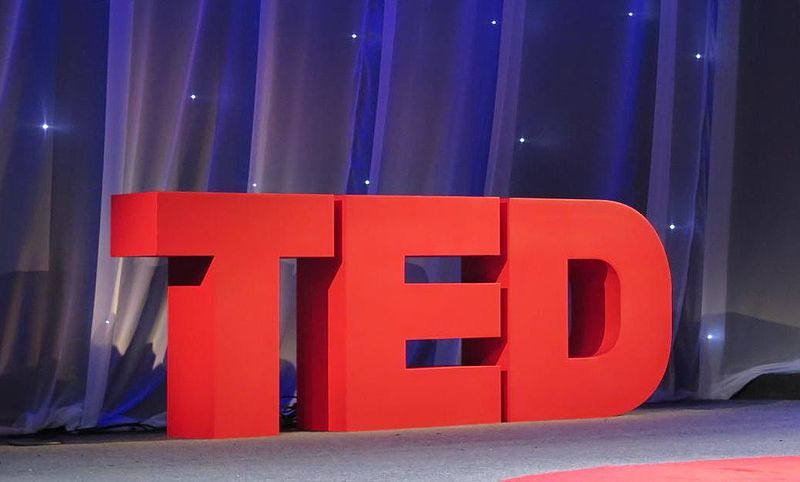 TED talks about human trafficking help to shine a spotlight on the issues from how to spot examples of trafficking to how to end it. These talks can be a powerful educational tool not only for individuals but also in settings like the classroom and the workplace. Here are five TED Talks about human trafficking.
TED talks about human trafficking help to shine a spotlight on the issues from how to spot examples of trafficking to how to end it. These talks can be a powerful educational tool not only for individuals but also in settings like the classroom and the workplace. Here are five TED Talks about human trafficking.
5 TED Talks about Human Trafficking
- “Human Trafficking is All Around You. This is How it Works.” In this talk, Noy Thrupkaew discusses the behind-the-scenes world of human trafficking and its prevalence in ordinary places of business such as nail salons. She shows the human faces behind the exploited labor that feeds global consumerism and breaks down how human trafficking works all around the world.
- “Escaping the Pain of Human Trafficking.” Markie Dell is a human trafficking survivor who shares her experience as well as her road to recovery. Dell also talks about the unusual advice from a friend that helped her to heal and reclaim her life.
- “Three Ways Businesses Can Fight Sex Trafficking.” Attorney Nikki Clifton points out three ways businesses can fight sex trafficking. She reveals to the audience how sex trafficking happens in the open more than people think. It can occur online, in the middle of the workday or while using company equipment and resources. As she says, this puts companies in a powerful position to mobilize employees and educate them to stop sex trafficking. Hiring sex trafficking survivors and setting clear policies are just some of the ways she says businesses can stop sex trafficking.
- “The Fight Against Sex Slavery.” Sunitha Krishnan spends her time leading powerful discussions surrounding the multi-million dollar global sex slavery industry. A longtime ally of sex traffickers, she tells the stories of children of slaves and advocates for a more humane reform to helping survivors rebuild their lives.
- “I Was Human Trafficked for 10 Years. We Can Do More to Stop It.” Barbara Amaya courageously tells her story of being human trafficked when she was 12 years old. After running away from home to escape her abusive family, Amaya was “rescued” by a family that locked her into human trafficking for 10 years. Since escaping in 2012, she has raised awareness about the sexual exploitation of children and domestic sex trafficking. Amaya is an anti-trafficking advocate, speaker, trainer, author and survivor leader in the movement to end sex and human trafficking.
By taking just a few minutes to watch these TED talks about human trafficking, people can do something today to prevent human trafficking. Sharing their talks on social media is also a great way to continue the movement of ending human trafficking through education.
Photo: Wikimedia Commons
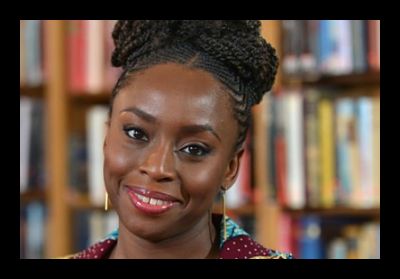
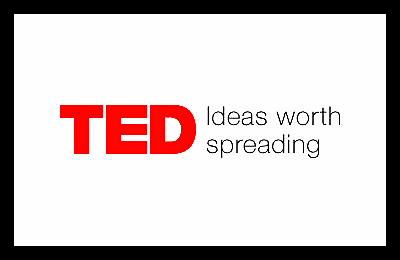
 TED Talks have become a breeding ground for ingenuity, passion, ideas and intelligence. A meeting place of the world’s best, bravest and most forward-thinking minds, TED talks offer the entire world the ability to listen and participate in the global conversation on how we better the world. Here, for those who have little time, are 5 Ted talks that offer a powerful punch of inspiration in less than 5 minutes.
TED Talks have become a breeding ground for ingenuity, passion, ideas and intelligence. A meeting place of the world’s best, bravest and most forward-thinking minds, TED talks offer the entire world the ability to listen and participate in the global conversation on how we better the world. Here, for those who have little time, are 5 Ted talks that offer a powerful punch of inspiration in less than 5 minutes.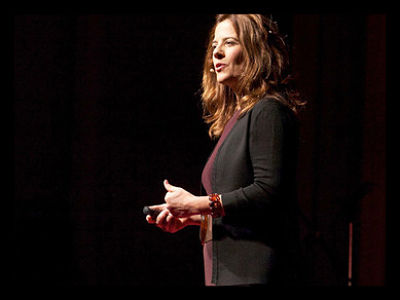
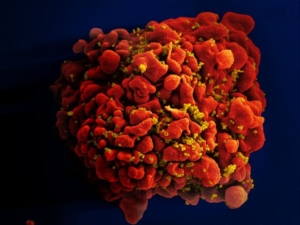 In South Africa, Mitchell Besser tapped a new resource for healthcare: mothers themselves. The program he started, mothers2mothers, train new mothers to educate and support other moms. Mothers2mothers employs HIV-positive moms themselves to complement the work of doctors and nurses. After a two-month training, mentor mothers work with other moms with HIV to
In South Africa, Mitchell Besser tapped a new resource for healthcare: mothers themselves. The program he started, mothers2mothers, train new mothers to educate and support other moms. Mothers2mothers employs HIV-positive moms themselves to complement the work of doctors and nurses. After a two-month training, mentor mothers work with other moms with HIV to 